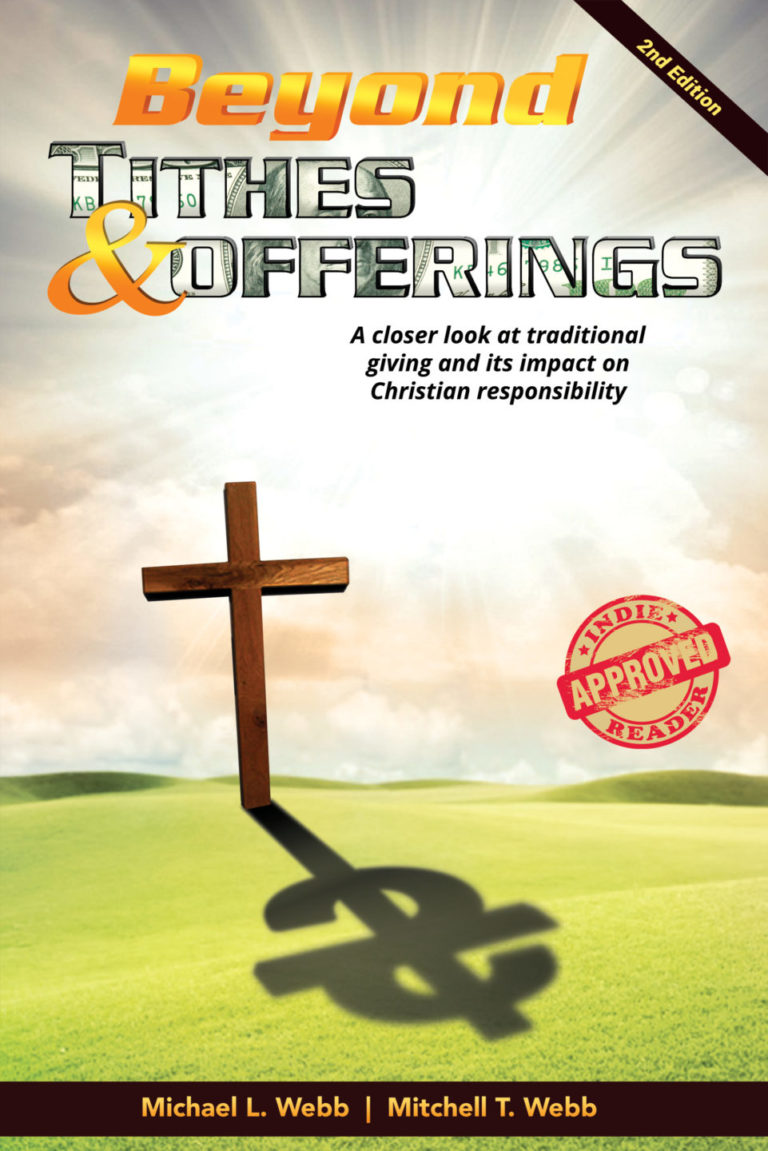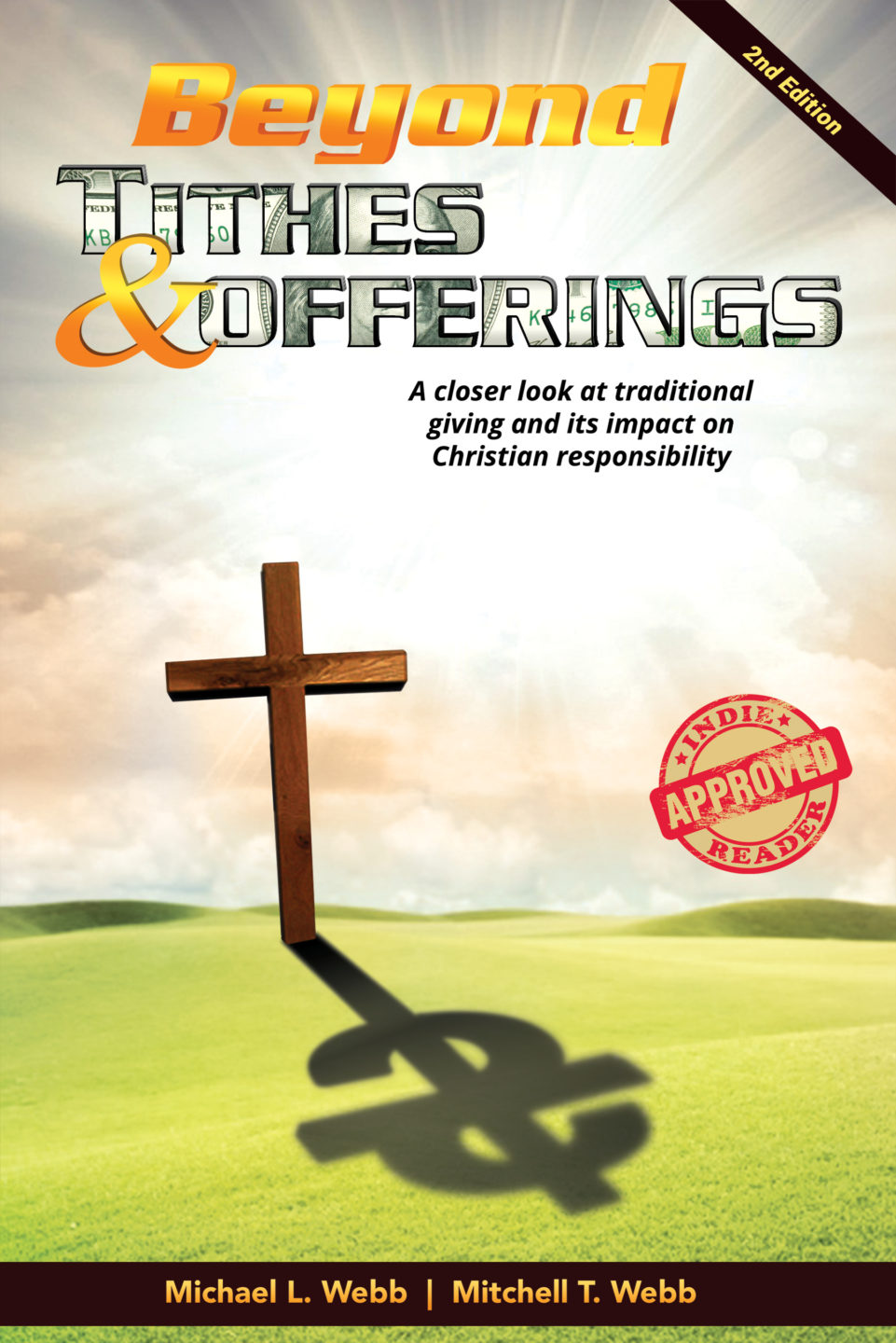In today’s world, most Christians and the clergy at the churches they attend adhere to the policy of tithing ten percent of a parishioner’s income to the church as proof of his or her godliness and faith. However, the authors of this book propose a different view on tithing that involves a shift in perspective that lifts long-established rules and requirements about giving. They write: “The Bible does not refer to Christian giving as a form of tithing, therefore, Christians should not refer to their financial support as tithing either.”
Instead, this book proposes that Christians donate as acts of grace, which is outlined in the bible. This change will allow people to experience more spiritual growth and maturity, and to appreciate the grace of giving to others. From a biblical perspective, the tithe is a non-monetary donation of consumable items such as produce and animals. Giving to the locals in need should be the primary concern of all donations, and required tithing (and offerings above the required tithes) derails some of these funds that are much-needed elsewhere, according to this book.
The authors claim that tithing inhibits graceful giving as the church neglects the needs of the poor and uses extra funds internally. “In reality, tithing is really a stumbling block that prevents the will of God from going forth in the area of Christian giving.” Framed by a mock court case at the beginning (opening arguments) and ending (closing arguments), these extra pages to an already lengthy book of nearly 400 pages are unnecessary. An excessive amount of biblical citations also try to prove each point, and wordy accounts describing fictional sermons and church-goers make a very long book even longer.
So can this well-researched, professionally presented case against tithing change the minds of Christians who have grown up embracing the philosophy of donating ten percent of their wages? The Webb’s may be preaching to the choir, so to speak. As with most matters of religion, people’s emotions often determine their convictions and biblical interpretations, so this “evidence” may be unconvincing. Those who already question the practice of tithes and offerings may agree with the authors that “this book has proven beyond a reasonable doubt, and with much biblical support, that followers of Christ are not required to give monetary tithes and offerings.” Challenging long-held traditions is always a risky business, but the Webb’s fully explore a subject about which they appear passionate and sincere in their quest for a better way of exhibiting Christian charity.
BEYOND TITHES & OFFERINGS (2ND Edition) clearly defines tithes and offerings, and provides a different approach for conscientious Christians to determine their own spiritually inspired criteria for sharing their wealth with those in need.
~Carol Michaels for IndieReader


